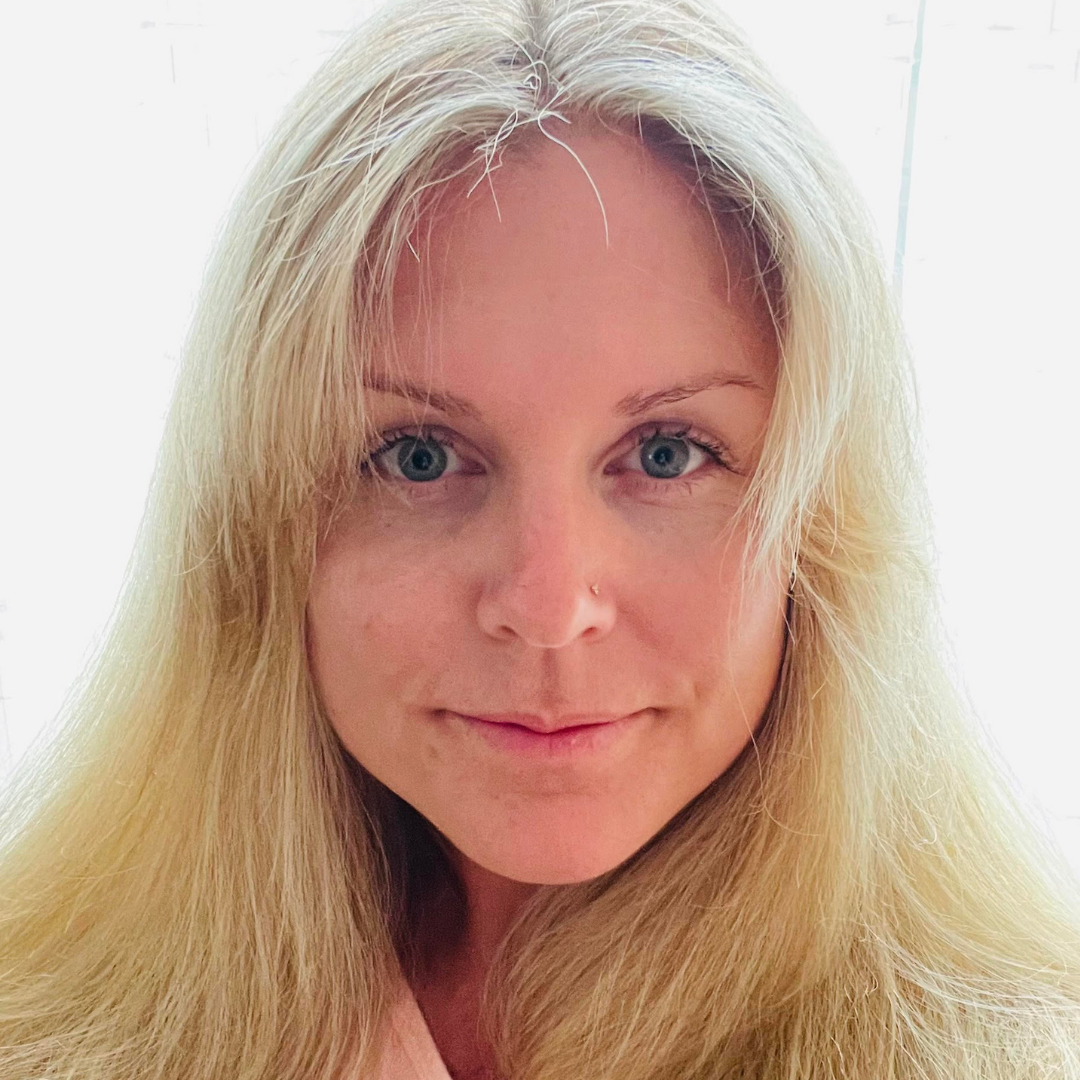
Kacie LeCompte Renfro ’03 Uses Her SMC Education to Promote Humanitarian Issues
We spoke with alum Kacie LeCompte Renfro ’03, who works in communications as a writer, with a number of non-profit organizations, including one that works to combat human trafficking. The former Philosophy major talked to us about how she’s taken SMC’s motto, Enter to Learn, Leave to Serve, to heart to help promote change in the world.
Briefly, what do you do?
I am a freelance communications manager assisting a wide range of clients with all things writing related, whether its website content, presentation content, newsletters, blogging, or social media management. I prioritize partnering with clients whose work focuses on health and education equity, refugee- and human rights-centered programs, wildlife conservation, and a bit of influencer marketing, tech, and B2B just to keep things diverse.
What is the best part of your job?
The best part of my job is the flexibility and creativity it promotes. I essentially make my own hours, which allows me to make my two children the top priority in my day-to-day schedule. As a freelancer, I’m not married to a single organization. I have the freedom to partner across industries and have worked with non-profits centering on everything from combatting human trafficking to climate change to international refugee education initiatives.
How did Saint Mary’s help prepare you for your career?
I started out as an English major and then switched to Philosophy second semester junior year, keeping English as my minor. The combination of those two subjects, along with Seminar, taught me to not only think deeply and critically, but to be able to express the thoughts circulating in my mind. SMC cultivated a love of the humanities for me that I simply was not exposed to prior to my freshman year, and for that I will always be grateful. My education at SMC was a journey of the mind and heart, a coming of age, and the support I received from my professors, friends, and the larger school community is unparalleled. The motto “Enter to Learn, Leave to Serve” is something I internalized and have sought to manifest in my life. It was a partial catalyst for me to join the Jesuit Volunteer Corps after graduation, and the JVC is what led me to work with refugees—something that has forever shaped and guided my life since.
Did you belong to any special groups that helped you while you were here?
I was a member of the [Associated Students] Senate for three years and wrote for the paper for four. Both of those groups gave me access to insight and discipline that have guided me. Most important were the friendships I cultivated at the school. These relationships have inspired me and brought me incomparable joy.
Anything else you’d like to add about Saint Mary’s?
My time at SMC was literally four of the best years of my life. It was a time of diving deep into the self and learning to both explore and express. The Seminar and Philosophy faculty helped me to shape my perspectives on countless issues, and I am forever better because of their guidance. And the friends I made and the fun we had…the stories I could tell but won’t!
Please tell us about your latest publication!
I am an author, and my second novel—The Bridges We Will Build—was just released on March 8, 2022. The premise of the book is the fact that we hear a lot about refugees in the news, but how many of us really know their stories? The Bridges We Will Build follows four women of various countries of origin and drastically different life experiences, refugees and Americans, as they come together at The Unity School, a charter school for refugee and American children. Here, they rediscover the hope and inspiration that seemed lost to them before. But when one of them is killed in a violent act of Islamophobia, their new-found hope for the future is tested.
The Bridges We Will Build provides a vision of the possibility of true solidarity. And compels the reader to believe that communities can, in fact, transcend socially constructed barriers toward a recognition of our common humanity.
Learn more here.